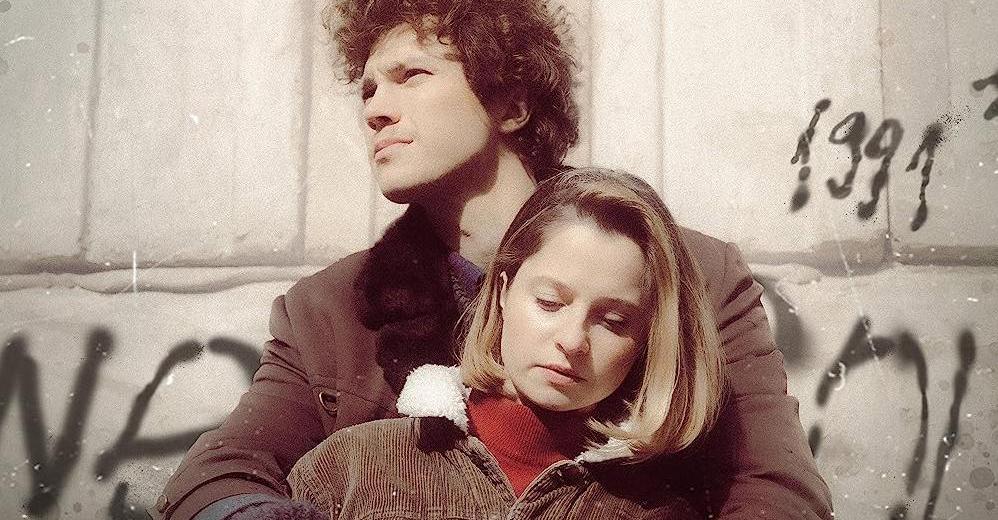


Viesturs Kairiss: January

It was a fine night at Danish Cinemateket. As the opening film of a min-festival “Latvia Before and Now”, the award winning film of Viesturs Kairiss, “January”, was shown to an almost full cinema hall. Jesper Andersen from Cinemateket introduced the screening, gave the floor to the Latvian ambassador Inga Skujiņa, a film lover, who is a regular visitor to screenings at the Film House in Gothersgade Copenhagen, who welcomed Dita Rietuma, who is a film critic and historian, AND, as she said, “a bureaucrat”, the Head of the National Film Centre of Latvia. Rietuma made an introduction to “January”, saying what January 1991 meant to the country, the beginning of a new period free of Soviet Union. She also mentioned that the local audience loves historical films, that “January” had quite some attendance in the cinemas. The interest for Latvian historical films outside the country, however, is quite limited, “January”, however, was awarded at the Tribeca Festival in New York and took part in many festivals after that.
The film is about a young man, film student, who is trying to find his identity in the month, where Latvians revolted against the Soviet regime. He, Jaziz, falls in love with Anna, dreams about being a new Tarkovsky, whereas Anna has made a music video. They show their films to legendary Juris Podnieks, who hires Anna as his assistant, making Jaziz jealous, breaking up with her “you make stupid music videos”, regrets his remark and goes to turbulent Vilnius to apologize, no success, goes back and is at the barricades and at the tragic events, where the Soviet special police OMON kills Podnieks cameraman Andris Slapins January 20 and injures Gvido Zvaigzne, also cameraman, who dies of his wounds beginning of February. This event is reconstructed in the film that also includes fine humorous sequences illustrating life in the family of Jaziz, where mum is against sending her son to the (Soviet) army and dad is a communist. And his love to grandma. And a fantastic dance scene where Jaziz expresses his desperate “Sturm und Drang”. It is said that there is a lot of autobiography in the film!
The film is shot on 16mm, 8mm and there are VHS and Betamax material as well, masterly put together by Polish Wojciech Staron – it’s a Polish-Lithuanian-Latvian coproduction – with magnificent poetic scenes of Latvian landscape.
If you go to the website of cinemateket.dk you can read about the whole series that also has “Is it Easy to be Young” (1986) by Juris Podnieks on the program.
At Cinemateket until the end of this month you can also see an exhibition of remarkable photos by Danish Stig Stasig, who was in Riga in January 1991.